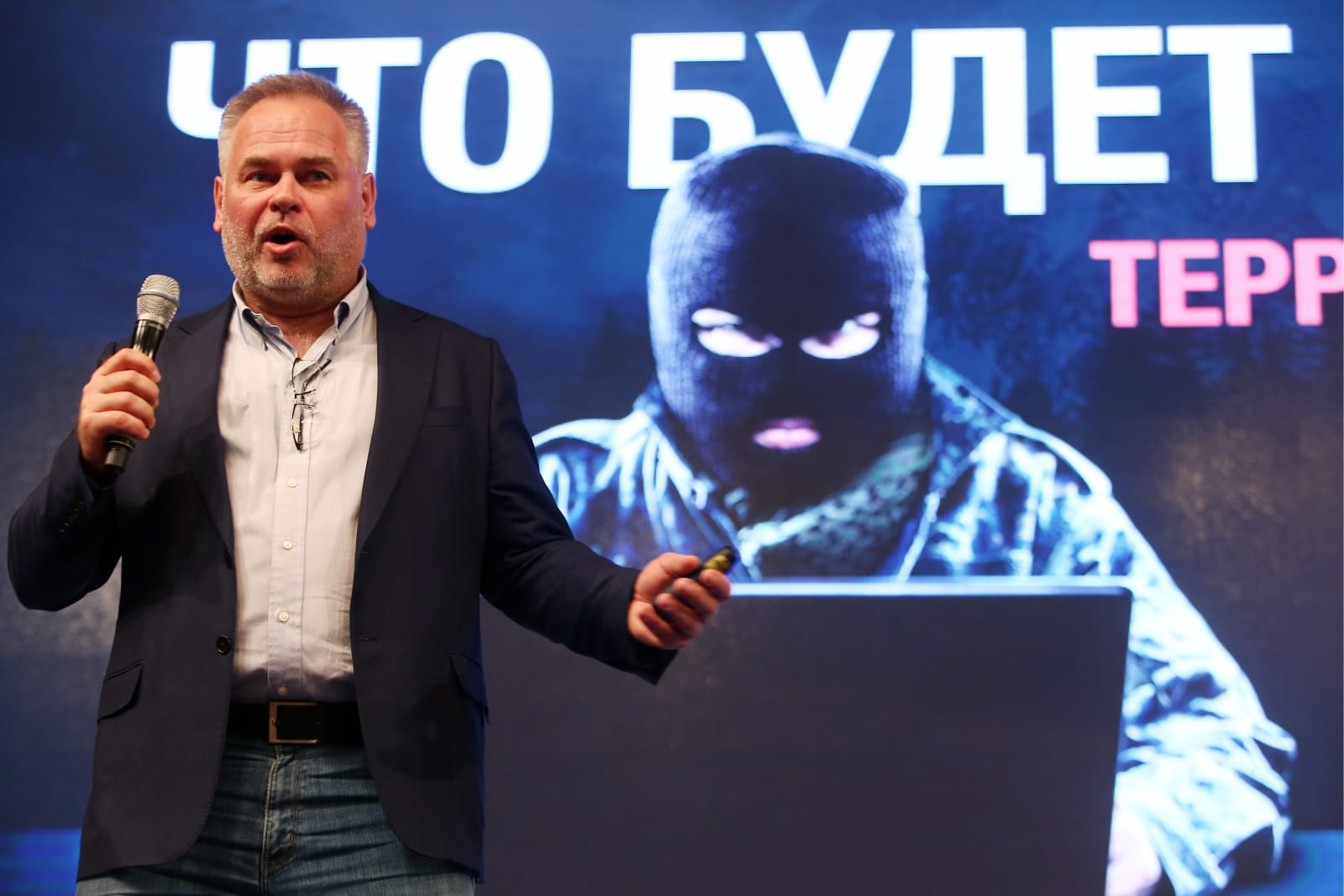
With the Ti liberating Vertu from the Symbian shackles, it was only a matter of time before the luxury phone maker released its second Android device. The Constellation, as it's called (instead of "Constellation V" as listed by the FCC), takes a small but bold step away from Vertu's usual design language, as it lacks the iconic ceramic pillow on the earpiece. What it gains instead is the largest piece of tough sapphire glass that Vertu -- or any phone maker for that matter -- has ever crafted, as well as a layer of soft but durable calf leather wrapping around the Grade 5 titanium body. It'll also come in five colors: dark brown, orange (our favorite so far), black, light brown and cherry.
Vertu's CEO Massimiliano Pogliani told us that this "less is more" approach is to have a more neutral, less showy offer that he believes will appeal to a larger audience.
"It tested extremely well [in study groups] in China and Russia," said the exec. "In terms of design and appearance, it is being luxury but not too bling, too wild, too pushy, so I'm very happy and very confident."
Filed under: Cellphones, Mobile
Comments
Source: Vertu
 Application security for connected cars is far less mature than anyone should be comfortable with. This was clear at the RSA information security conference last week in San Francisco, where two presentations demonstrated different ways cars can be r...
Application security for connected cars is far less mature than anyone should be comfortable with. This was clear at the RSA information security conference last week in San Francisco, where two presentations demonstrated different ways cars can be r...
 Application security for connected cars is far less mature than anyone should be comfortable with. This was clear at the RSA information security conference last week in San Francisco, where two presentations demonstrated different ways cars can be r...
Application security for connected cars is far less mature than anyone should be comfortable with. This was clear at the RSA information security conference last week in San Francisco, where two presentations demonstrated different ways cars can be r...
 Engadget's weekend included a Japan-only Kindle made for manga and comics, an early tour of Nike's tech-packed store in NYC and staring at a supermoon. So it wasn't a bad weekend. This week, expect to hear plenty of car news direct from the LA Auto S...
Engadget's weekend included a Japan-only Kindle made for manga and comics, an early tour of Nike's tech-packed store in NYC and staring at a supermoon. So it wasn't a bad weekend. This week, expect to hear plenty of car news direct from the LA Auto S...
 Windows 10's bundled Defender security tool can be helpful for basic antivirus protection, but what if you prefer third-party software? The operating system normally steps aside when you run other programs, but antivirus mainstay Eugene Kaspersky (ab...
Windows 10's bundled Defender security tool can be helpful for basic antivirus protection, but what if you prefer third-party software? The operating system normally steps aside when you run other programs, but antivirus mainstay Eugene Kaspersky (ab...








